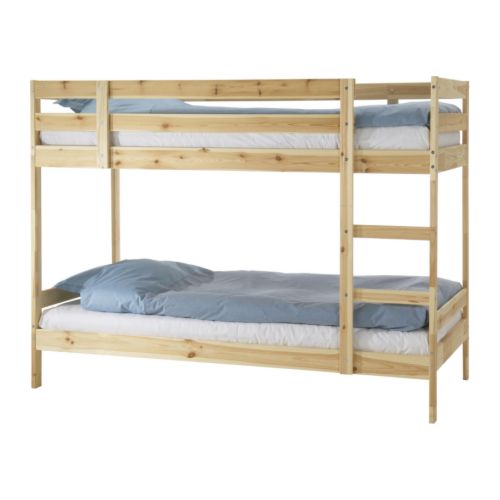Top 10 storage tips for the home
Despite the recent baby boom, Brits are still reluctant to move home and are trying to maximise the space they have indoors as a result.

Your support helps us to tell the story
From reproductive rights to climate change to Big Tech, The Independent is on the ground when the story is developing. Whether it's investigating the financials of Elon Musk's pro-Trump PAC or producing our latest documentary, 'The A Word', which shines a light on the American women fighting for reproductive rights, we know how important it is to parse out the facts from the messaging.
At such a critical moment in US history, we need reporters on the ground. Your donation allows us to keep sending journalists to speak to both sides of the story.
The Independent is trusted by Americans across the entire political spectrum. And unlike many other quality news outlets, we choose not to lock Americans out of our reporting and analysis with paywalls. We believe quality journalism should be available to everyone, paid for by those who can afford it.
Your support makes all the difference.Despite the recent baby boom, Brits are still reluctant to move home and are trying to maximise the space they have indoors as a result.
IKEA has revealed that sales of sofa beds and bunk beds have dramatically increased since the start of 2011. The store has seen a 41% increase of bunk bed sales, with sofa beds sales rising by two thirds in some stores.
“Increasingly”, says Pippa Swain, Sales Manager for bedrooms, “we’re filling our homes with pieces of furniture such as bunk beds which allow us to nest upwards and use the limited space in our rooms.”
The guest bedroom could also become a luxury of the past as living space in the UK is now amongst the smallest in Europe at 85m2 and trending to get smaller with new build homes 76m2.
As the recession has also hit younger family members hard, many older children find themselves residing at home for longer. The average age to move out of family home is now 24 years for females and 27 years for males.
“Factors such as the recession and lack of space are having an impact on the furniture we are now buying and the way we are living our lives” says Swain.
Top 10 storage tips by interior designer Mikael Berryman
1. Think of cubic not sq metres. Think about how you can store up to the ceiling as well as the flat space – for example, in the kitchen, counter space is vital. Hang your utensils, kitchen roll, etc to free up surface space.
2. Think first. Assess what you own and then find storage for it. Not the other way round. For example, look how many pairs of shoes you have. Then work out what storage solution is best for that amount of shoes.
3. Choose every piece of furniture smartly. For example, did you know you could even use your headboard to store things?
4. Apply some science. When prioritizing what you need in a small space, remember Maslow’s Hierarchy of Needs. What are your basic needs? What do you need to be comfortable? What is an indulgence? For example, the mattress is a basic need, but the cushions and decorative throws might just be an indulgence.
5. Only save what you need. Don’t save extra plastic bags or jam jars when you already have some and don’t need them.
6. Label. Labelling your frozen food, storage boxes and files encourage you to keep things in order and it will help you remember what exactly you have. It is surprising how easily you forget!
7. Never say - “I’ll put that there for now.” If you pick something up when tidying up, decide where to store it, or throw it away/recycle. Don’t give it a temporary home. You will only have to decide what to do with it at a later date.
8. Don’t forget your baubles. When planning your storage needs, don’t forget storage boxes for your seasonal belongings such as Christmas decorations, picnic hamper, skiwear, etc.
9. Storage shouldn’t be out of sight out of mind. When you store away your smaller things link wires and batteries, you should resist throwing them in a drawer and forgetting about them because inevitably you will need to find them at some point. Storage should be organised!
10. Recycle or throw away what you don’t need. Start by clearing out.
Join our commenting forum
Join thought-provoking conversations, follow other Independent readers and see their replies
Comments